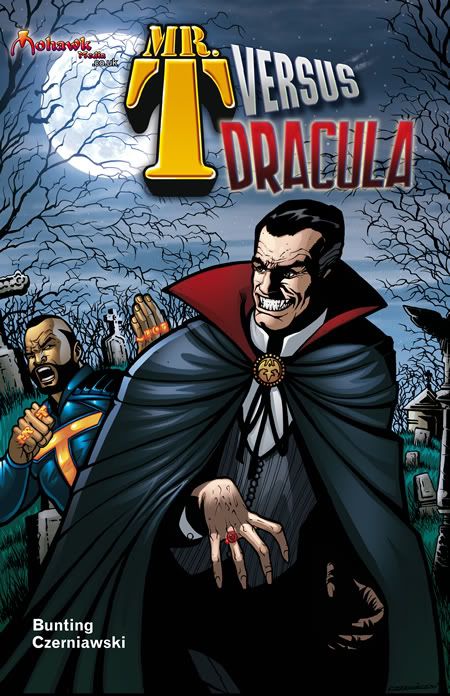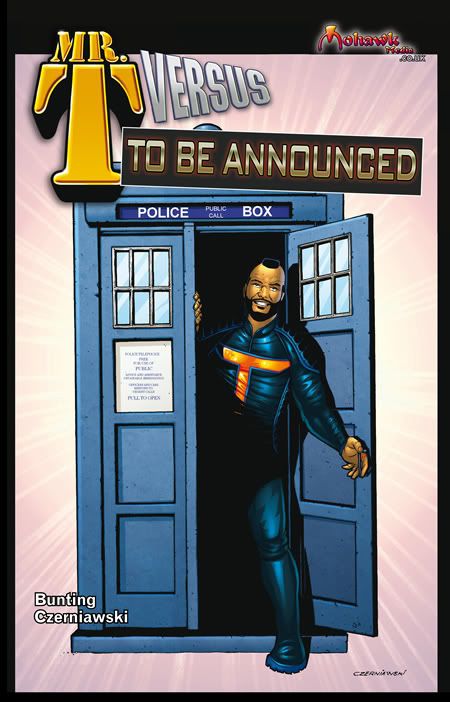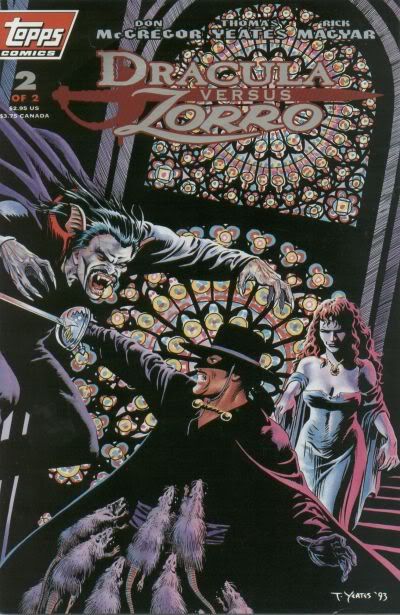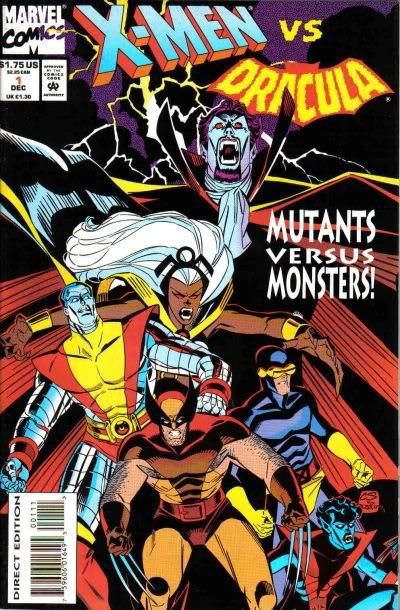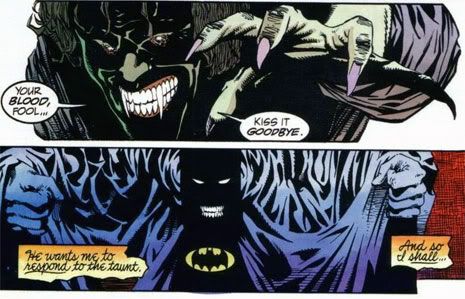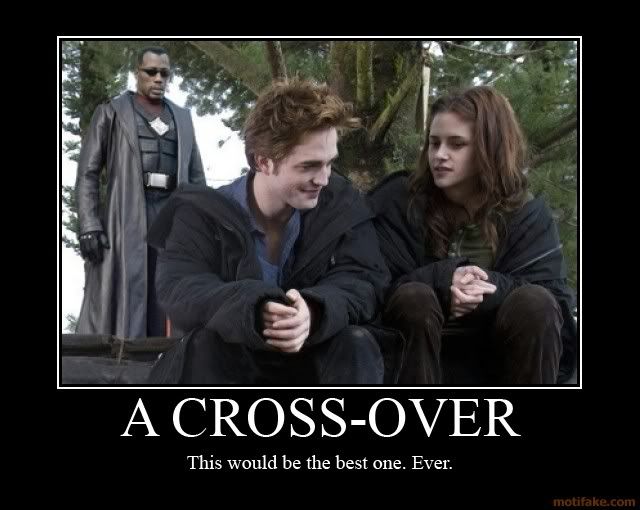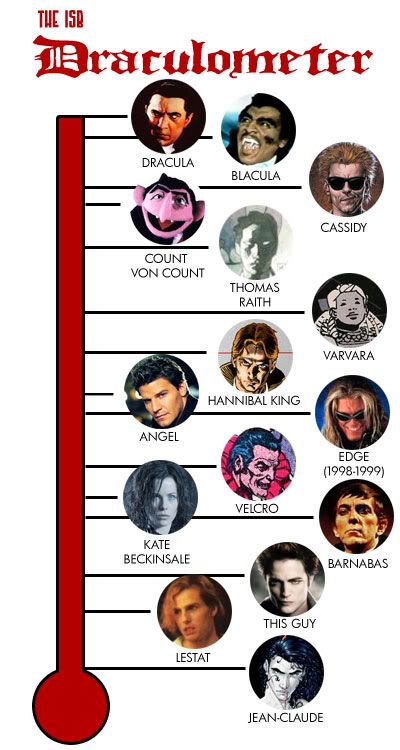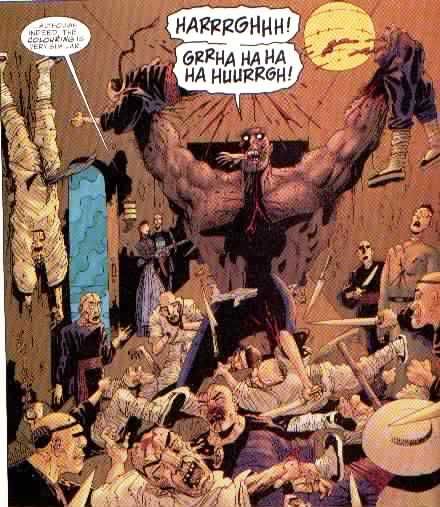So you are
Sir Richard Francis Burton
. The date is October 20, 1890, and you are dying. You slip from consciousness into the cold grip of certain absolute death. And you die. Then you wake up into an alien levitating orb scene of a dark eternity of floating tubes full of humans. And suddenly, you- the reader- realize Neo's waking scene in
the Matrix 
was written in the sixties by Phillip Jose Farmer.
To Your Scattered Bodies Go
is the Hugo award winning first novel in the Riverworld series, and is fascinating to me on multiple levels.
1) This book was first recommended to me in seventh grade by my homeroom teacher, Hal H. He also gave me a cassette tape that had
Remain in Light 
and
Fear of Music 
on it. The man had very good taste. But honestly, I picked up the book at the Eugene library and just couldn't see myself getting into it. Too adult for 13-year old me? Yeah, that sums it up. But I never forgot about it.
2: Cool name. Certainly the rest of Riverworld is a let-down in comparison- just in the titles.
3. Historical fiction. Not something I had ever thought I'd be interested until a few years ago. But not just historical fiction- historical
science fiction. Still not a niche I had thought I'd be into, but now am slightly obssesed about.
4> Crossover fiction. I have mentioned Farmer's
Wold Newton family before and while Riverworld is not strictly part of that specific fictional universe, the format betrays PJ's fondness for fiction and crossovers.
5+ An elaboration on number 4. PJ Farmer does in this series something that is a favorite conceit of authors- perhaps all writers. Inserting themselves as a character, usually the main character. Most protagonists in most stories are thinly veiled alter egos of the author. But Farmer uses the plot (number 6) as a device to have authors in a crossover universe in which they may interact with each other regardless of era or historical actuality. In addition to some of these larger than life authors there are also real-life historical people who have inspired much great myth and fantasy. A great example is the romantic foil
Alice Liddell, the inspiration for
Alice in Wonderland
.
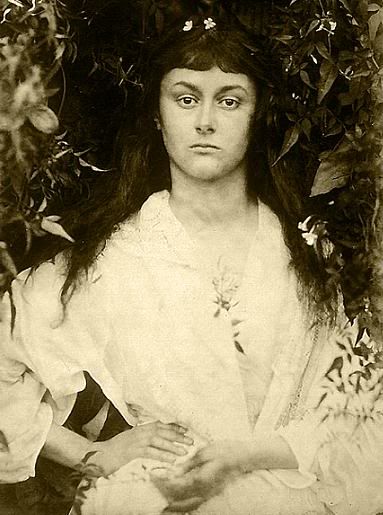
6- So what happens next to old Dick Burton, the famous explorer who traveled the Nile, snuck into Mecca disguised and translated the
karma sutra
? He woke up by the side of a river, naked and in the body of himself as a perfect young man in his twenties. He is surrounded by many others in the exact same state. Not just a lot of people-
everyone who ever lived on earth
ever. The rest of the series is an often roundabout series of adventures as the more inquisitive and adventuresome products of the human race battle for power but more importantly to uncover the secrets of the alien world they discover themselves on for... eternity?
Well, this stumped my timeline. The actual era is not revealed until the very end of the series, and still remains obscure. I think that even if I hadn't been shying away from spoilers I still would've been unable to find anything online that reveals that particular fact. Even to assume "as far as possible in the future" doesn't really narrow it down for me: My timeline extends to 6,400,000 AD. So is it before or after that? After? Really?
I chose to kick it back from Burton's perspective. Although much of the series features
Samual Clemens 
as the main character, the very start of the series is Burton's death- 1890. That's where I figured I would peg, partly just because I was anxious to read it. But it was also fun to come from all of that old Victorian fiction and have someone straight from that era experience people from the nineteen seventies and beyond.
Well, you made it this far through my long winded ramblings about this book, now you want a review? Obviously I wouldn't have so much to say about it if I didn't like it. The
series overall 
has it's ups and downs, but I won't review each book in this forum. Suffice it to say that when read through, there is a general payoff as secrets are revealed and the layers of the mostly primitive Riverworld are slowly uncovered to reveal the alien tech capable of resurrecting the entire human race.
Farmer is the type of author who really gets off on having his characters spend a lot of time musing and pondering. Working through every possible angle to every problem they encounter. At times this mystery versus logic process is fun, but at other times it bogs down the pace unforgivably. Those who stick to it will eventually get to some cool sci-fi stuff with some cool stories on the way there.
I peeked at YouTube for some bits from the 2003 TV series and the 2010 mini-series coming out soon. Both versions seem super mediocre. Not even good as parody. Check it out if you want. Both are clearly influenced by the books instead of being a true adaptation. The new one has actors from other popular sci-fi shows, a gimmick which is either brilliant or a cheap ploy to capture the fanboy audience. Guess which this is...
In conclusion- I LOVE this series, and strongly recommend it to the three people who read this blog and are highly interested by my posts.
